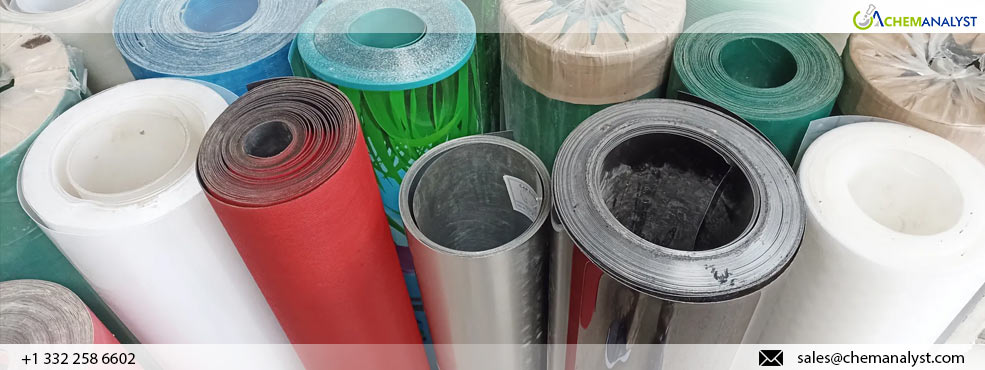Welcome To ChemAnalyst

The European BOPET market experienced a price escalation in July 2024 when compared with June 2024 which disrupted the industry's equilibrium. At the core of this upward trend lies the escalating cost of production, primarily attributed to the persistent surge in feedstock PET prices. As a key component in the manufacturing process, the increased price of feedstock PET has exerted considerable upward pressure on BOPET production costs, consequently impacting the final product price. Not only the production costs, but the continuous pressure from logistics drive the upward trajectory in July 2024.
A persistent shortage of containers coupled with a dramatic increase in freight charges has significantly elevated the cost of transporting BOPET to Europe. These steep shipping costs have not only eroded profit margins but have also contributed to delayed deliveries, further exacerbating market tensions which settled at USD 2098/MT BOPET Films FD Hamburg at a hike of 1.8% during July 2024. Moreover, a surprising shift in the downstream bottling market has also contributed to the upward trajectory of BOPET prices. While the industry has been steadily embracing sustainability initiatives, promoting the use of recycled PET, a recent alteration in pricing dynamics has led to a resurgence of interest in virgin PET. This unexpected change has triggered a surge in demand for BOPET, as it is a crucial component in the production of virgin PET bottles. Market participants have reported a notable increase in inquiries and orders for virgin PET, underscoring the shift in consumer preferences.
As per ChemAnalyst, the BOPET price in Europe is expected to sustain an upward trajectory in August 2024 on the back of new orders. CCL Label's recent inauguration of a shrink sleeve production facility in Spain, with a strong focus on sustainable options like EcoFloat, could indirectly influence BOPET prices. While the facility primarily utilizes polyolefin-based shrink sleeves, it's essential to note that the broader packaging industry is under increasing pressure to adopt sustainable practices. As a result, there's a growing trend towards lighter-weight packaging and materials with higher recycled content. This could lead to increased demand for PET, the primary feedstock for BOPET, as brands seek to meet sustainability goals. Additionally, the success of CCL Label's EcoFloat shrink sleeves, made from polyolefin, might divert some demand away from PET-based packaging solutions. However, the overall impact on BOPET prices would depend on several factors, including the market penetration of EcoFloat, the rate of adoption of sustainable packaging practices by other industry players, and the overall supply and demand dynamics for PET.
We use cookies to deliver the best possible experience on our website. To learn more, visit our Privacy Policy. By continuing to use this site or by closing this box, you consent to our use of cookies. More info.
